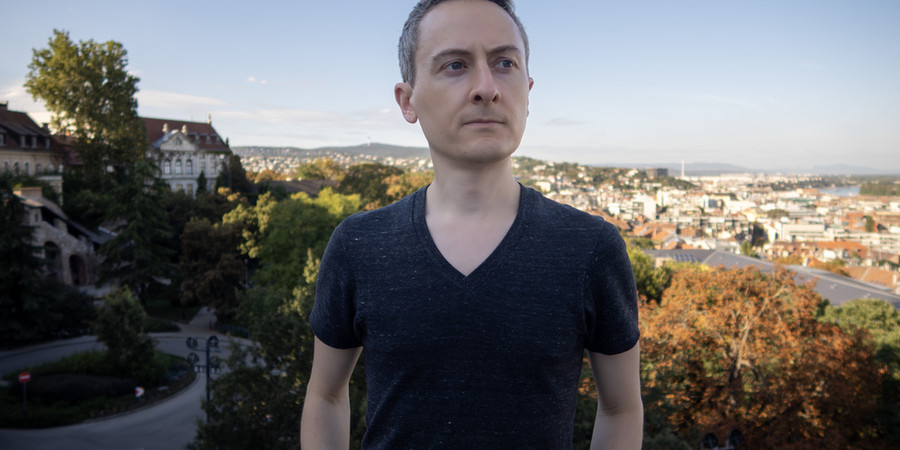New Method Efficiently Safeguards Sensitive AI Training Data
Adam Zewe | MIT News
The approach maintains an AI model’s accuracy while ensuring attackers can’t extract secret information.
Can We Rely on Future AI ICs?- Robustness Design as Key Challenge for System Technology Co-Optimization
Thursday, November 21, 2024 | 1:00 - 2:00pm ET
Virtual
Speaker: Harald Gossner, Intel
Engineering the Imaging and Control of Chemical Processes in Living Cells
Thursday, September 26, 2024
Hybrid
Zoom & MIT Campus
An integrated MEMS sensing and computing unit: Can a sensor think?
Wednesday, September 11, 2024
Hybrid
Zoom & MIT Campus
Generative AI for Microsystem Design: Possibility and Opportunity
Wednesday, May 22, 2024 | 12:00 - 1:00pm ET
Hybrid
Zoom & Grier Room A (34-401A)
50 Vassar Street Cambridge, MA
Creating Bespoke Programming Languages for Efficient Visual AI Systems
Lauren Hinkel | MIT-IBM Watson AI Lab
Associate Professor Jonathan Ragan-Kelley optimizes how computer graphics and images are processed for the hardware of today and tomorrow.
Prospects of Future In- and Near-Memory Computing Systems
Wednesday, March 20, 2024 | 12:00 - 1:00pm ET
Hybrid
Zoom & Allen Room (36-462)
50 Vassar Street Cambridge, MA
Technique Could Improve the Sensitivity of Quantum Sensing Devices
Adam Zewe | MIT News
New method lets researchers identify and control larger numbers of atomic-scale defects, to build a bigger system of qubits.
Technique Enables AI on Edge Devices to Keep Learning Over Time
Adam Zewe | MIT News
With the PockEngine training method, machine-learning models can efficiently and continuously learn from user data on edge devices like smartphones.
MIT Engineers are on a Failure-Finding Mission
Jennifer Chu | MIT News
The team’s new algorithm finds failures and fixes in all sorts of autonomous systems, from drone teams to power grids.











